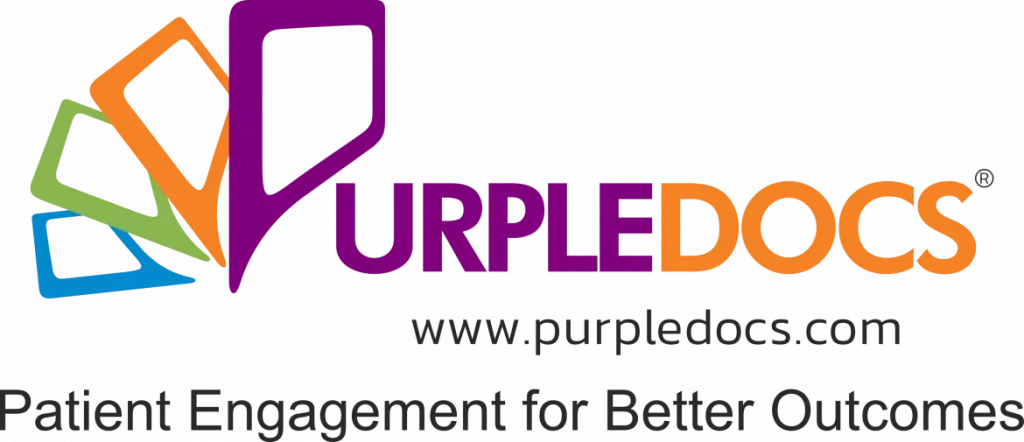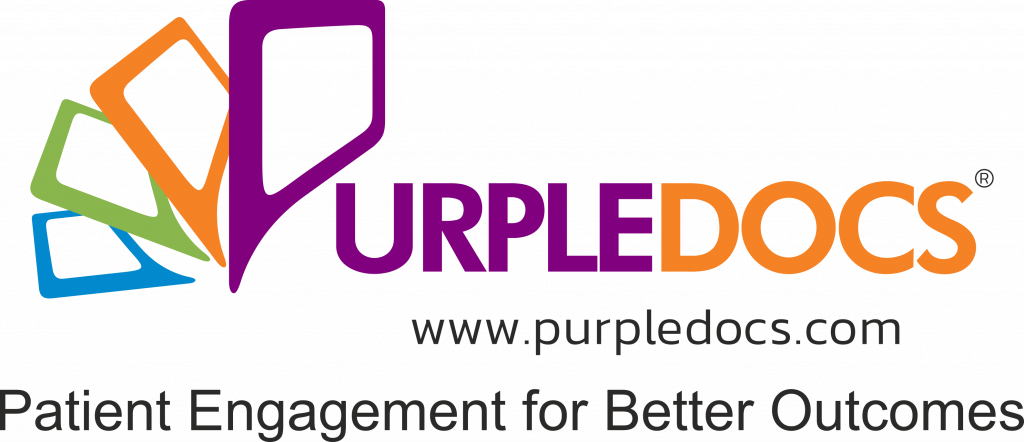An EMR is an electronic version of the medical records of the patients. It is not only regarded as a replacement for the filed records. The EMR’s carries all the information about the patient in a digital format. This information may include everything from medical history, lab results, diagnostic, immunization dates, medications followed, and doctors’ notes.
EMR Healthcare systems are electronic clinical documents that contain basic patient and clinical information. Doctors primarily utilize them for assessment and treatment. Documenting a patient history, testing, diagnosis, and medication in EMRs guarantees the best possible care. In addition, an EMR helps to build better understanding and communication between healthcare staff.
What is an EMR System?
Electronic health records cover a wide range of capabilities and patients’ information and serve as the main focus for all treatment procedures in the clinic. The EMR system is utilized on a daily basis to handle payments and compensation claims. It additionally notifies for schedule appointments, exchanges information with the other hospital employees adds additional patients’ diagnostic information. And also update and document patient records.
Clinics could even use EMR healthcare software systems to directly connect the overall regulatory changes in the health of the patient. The introduction of an electronic health record is suited to every facility’s demand, customization requirements, hospital staffing levels, and SMR software personnel availability. Each installation has its timetable, and a professional installation consultant will be allocated to the facility to help direct patients throughout the whole treatment process.
Also Read: Ways To Do Patient Monitoring and Engagement After Discharge
How can EMRs help Doctors?
It is evident that EMR’s doesn’t only record the patient’s information. There are many ways in which EMRs can help doctors. And there are several benefits of EMR system for patients as well. Therefore, let us see some ways in which an EMR can help doctors.
- EMRs can assist doctors in identifying and correcting operational issues in a timely and methodical manner. Recognizing the symptoms on a paper-based report is considered far more complex. Additionally, if the issue is not recognized, treatment might take years to help the patient.
- When a new medicine is prescribed for the patient, the e prescription software automatically detects issues. It informs the doctor of possible conflicts that can occur in the health condition of the patient.
- It also helps doctors by saving a lot of paperwork and managing and storing them. Therefore, they can easily document and keep the information of every patient in a separate file. Additionally, it also allows doctors and nurses to easily look up the information about the patient and start their treatment.
- It helps the doctors to optimize the workflow and improve the treatment speed for the patient. Therefore, it also improves the overall treatment provided by the clinic or the hospital in a day. Additionally, it also helps in reducing the administrative processes that occur throughout the admission process.
- There are many advantages of electronic medical records. It also allows the hospitals and all healthcare-related places to create an information chain and deal with the information of the patients. It additionally allows them to create customized healthcare records, which is also scalable.
- It additionally helps the doctors to assess the effectiveness of the medicines and all the other discrete effects. And works as an electronic prescription software.
Key Features of an EMR System
There are several key features of the EMR that make it the best for patients and doctors. Therefore, let us see all the helpful features of an EMR.
- Customizable templates of the EMR
The capacity to generate templates is among the most useful aspects of electronic medical record systems. A decent EMR will offer simple templates in which you can rapidly enter the data. Additionally, it can also be customized according to the needs and requirements of the treatment process. This helps in increasing the charting speed for the results and consequently increasing the entire workflow.
- Provides round the clock reports
The EMRs provide around-the-clock reports of the patient, and the reports can be accessed from anywhere and anytime. This implies that the system of EMR is based on a web-based technology that has cloud storage. This implies that any device that has an active internet connection would be able to view the report. Therefore, there is a big impact of EMR in healthcare.
- Scheduling appointments and tests
A scheduling function is a highly effective tool because it can typically be customized to suit a particular requirement. Essentially, scheduling features can boost the clinic’s productivity by centralizing many administrative tasks and structuring the schedule and the notification system. It can also be used to send alerts to the patients so that they do not miss their appointments. This will prove helpful for patients with diabetes and blood cancer that require regular tests.
Benefits of using an EMR
EMRs can also prove to be highly effective for patients. There are several benefits that come from using an EMR. Therefore, let us see some of the advantages of an EMR.
- It removes the possibility of errors that can occur in the paper reports. This makes the reports very apt and detailed. And contains the complete medical history of the patient.
- It helps the patients so that the assessment process and treatments could begin quicker, without any delay.
- It helps in better diagnostics of the diseases and also improves the overall care quality of the patient.
- It sends alerts to patients that are due for tests and regular visits to the doctors. It also provides better privacy for patients’ data and personal reports. And secures the reports from being tampered with.
- It helps in getting evidence-based treatment and taking better decisions with the live report of the patient. Additionally, e-prescription software allows patients to keep a check on the medications as well.
- It allows the patients to view their own medical records. And also, look for self-care instructions and reminders that were prescribed to them during the treatment.
- A patient can also provide health insurance companies with the required documents through the medical history stored in EMRs.
Conclusion An EMR system helps a doctor as well as the healthcare administration in several ways. First, it is a very effective and technologically advanced way of storing a patient’s history. Therefore, an EMR has many positive features and aspects that help improve the patient’s treatment system. And must be mandated at every clinic and health organization.


